Hello everyone,
Today’s topic is on the potential role of bacteria in combating cancer. As in my previous post, I discussed the potential viruses that can be effective against cancer, so why not bacteria.
A little background on bacteria and cancer relation
In spite of the medical advancement and available therapies, cancer still remains to be a major cause of health problems and claiming lives all around the globe. According to World Health Organization (WHO), approx. one out of six is the causality rate in cancer patients. Drug resistance, tumor microenvironment (TME), chemotherapy-related toxicity, etc. are some of the challenges faced by researchers while dealing with cancer treatment. There are bacterial species that act as carcinogens and hence promote tumors because of the toxins they produce. The toxins generally perturb cellular growth and hence promote inflammation in the tissues, which later on leads to the formation of tumors. The most common bacterial genus responsible for this behavior is Helicobacter sp., Salmonella sp., Campylobacter sp., Chlamydia sp., Mycobacterium sp., Citrobacter sp., Bacillus sp., etc. Sometimes, these species also produce some enzymes, short peptides, or extracellular death factors (EDF), which influence tumor metastasis.
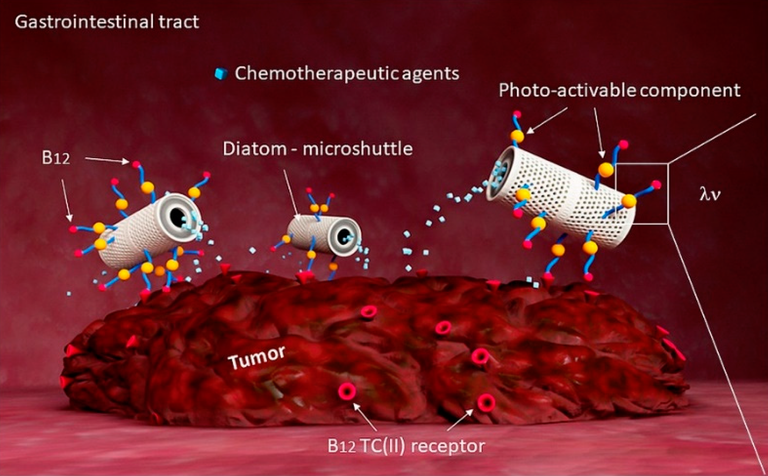
Well, apart from all these observed studies, there are some bacterial species that have shown great potential for curing cancer or being used as a therapy to combat cancer. The bacterial species have been shown to invade the tumor mass (TME) and show colonization inside it that leads to neoplasm growth retardation, followed by retarding the tumor growth or even clearing the whole population of tumor cells.
What makes them capable of combating cancerous cells
There are many properties that make bacteria suitable for combating cancer cells:
- Their motile nature which enables them to penetrate the tumor mass.
- Their ability to survive in the hypoxic environment.
- Their ability to survive the immune deficient environment.
- Their everlasting hunger, which makes the cancer cells deprived of nutrients for their survival.
Apart from all these fascinating features, bacteria also have the ability to modify their genome very easily and effectively. All these functions give the power to induce an immune response, which as a result, leads to the neutralization of cancer cells.
What makes a difference?
Bacterial mediated tumor therapy (BMTT) has been proposed and being used for centuries, but recently, a group of scientists have come up with an idea of engineering the bacterial species and incorporating anti-cancerous drugs inside its gene. As a result, a patient administered with a genetically modified Salmonella has shown nearly twice the survival rate in comparison to the usual treatment.
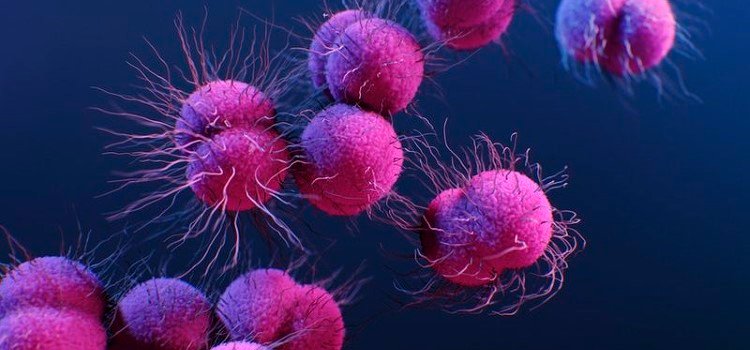
Current Scenario
In a recent clinical trial by researchers from Minnesota Medical School, engineered Salmonella has shown promising results in combination with the standard chemotherapy regimen. The Salmonella strain was capable of expressing the immune-simulating protein IL-2, followed by the production of immune cells responsible for killing cancer cells. This advancement removes the necessity of administrating IL-2 to the cancer site, as the new method eventually goes to the target and induces the production inside the solid tumors. It was further mentioned in the study that the patient’s life can exceed from 13 months to 24 months.
How does it enhance the human immunity
Upon interacting with the tumor microenvironment, the bacterium induces several immune responses by virtue of which the cancer cells growth stops. Here are some of the examples of immune response generated as a result of bacterial interaction with the tumor cells.
- Activation of inflammatory pathways (IL-1, IL-2, IL-18, TNF-β)
- Activation of Toll-like receptors (TLR4)
- T-cell response (CD4, CD25, CD8)
- Bacterial base tumor necrosis
More examples of engineered bacterium
Similarly, a skin microbe Staphylococcus epidermis has shown a highly specific adaptive immune response against melanoma tumors. The T cells generated due to engineered bacterium were capable of infiltrating the solid tumor and reducing the metastatic melanoma. The engineered bacterium, in combination with immunotherapy, showed infiltration in mice tumors and subsequent suppression in tumor growth.
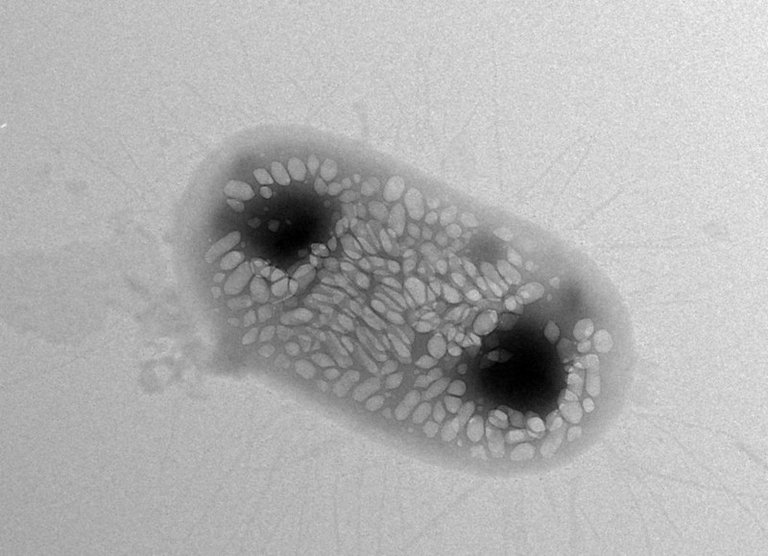
One more example of such an engineered bacterium, capable of transporting radioactive material to the tumor site. Our well-known and friendly bacterium species Escherichia coli, has shown the potential of transporting radioactive material for radiotherapy, which overcomes the exposure of healthy tissue to radioactive material in the traditional method. The bacterium showed internalization of radioisotope upon binding to the specific receptor, which leads to the death of cancer cells near the site of localization.
Side effect of this therapy
You might be wondering whether the use of these bacteria won’t infect the patient with the bacterial toxins. So, the answer is yes, it affects the individual. It basically depends on individual to individual, and in cases where a severe effect is observed, the therapy has to stop at that point. To overcome this challenge, researchers use the modern technique of engineered bacterium where the harmful genes are already suppressed or removed.
References
Engineered skin bacteria induce antitumor T cell responses against melanoma
The role of bacteria in cancer therapy – enemies in the past, but allies at present
The Use of Bacteria in Cancer Treatment: A Review from the Perspective of Cellular Microbiology
The role of the bacterial microbiome in the treatment of cancer
Hope you find it interesting, see you soon with some other interesting topic.

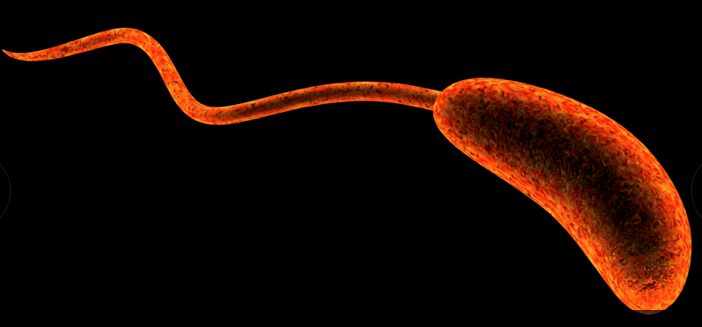
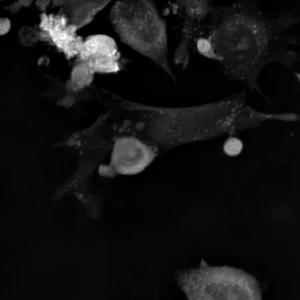


This is must read health post buddy. keep sharing such content.
I am reading a lot on anticancer therapies these days, so will be sharing whatever I can. Thank you for stopping by.
Cheers 👍🏻
Congratulations @vinamra! You have completed the following achievement on the Hive blockchain And have been rewarded with New badge(s)
Your next target is to reach 70 posts.
You can view your badges on your board and compare yourself to others in the Ranking
If you no longer want to receive notifications, reply to this comment with the word
STOPTo support your work, I also upvoted your post!
Check out our last posts:
Thanks for your contribution to the STEMsocial community. Feel free to join us on discord to get to know the rest of us!
Please consider delegating to the @stemsocial account (85% of the curation rewards are returned).
You may also include @stemsocial as a beneficiary of the rewards of this post to get a stronger support.